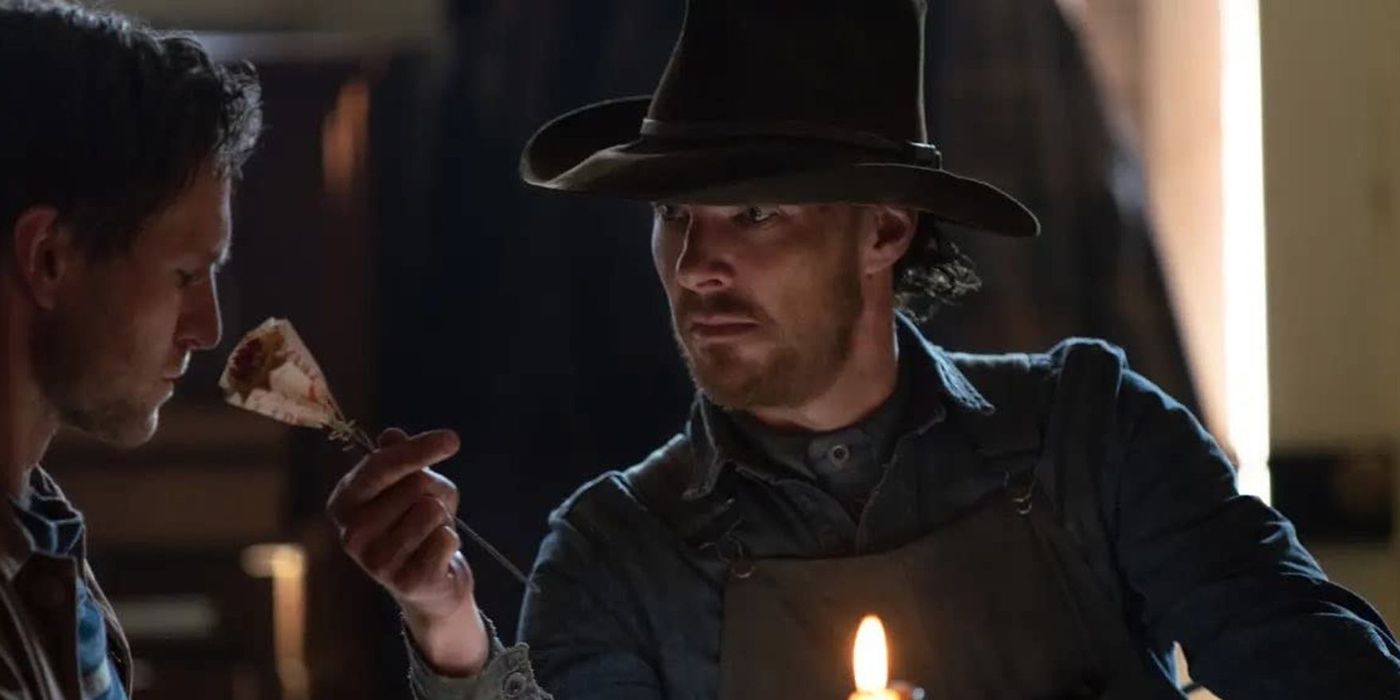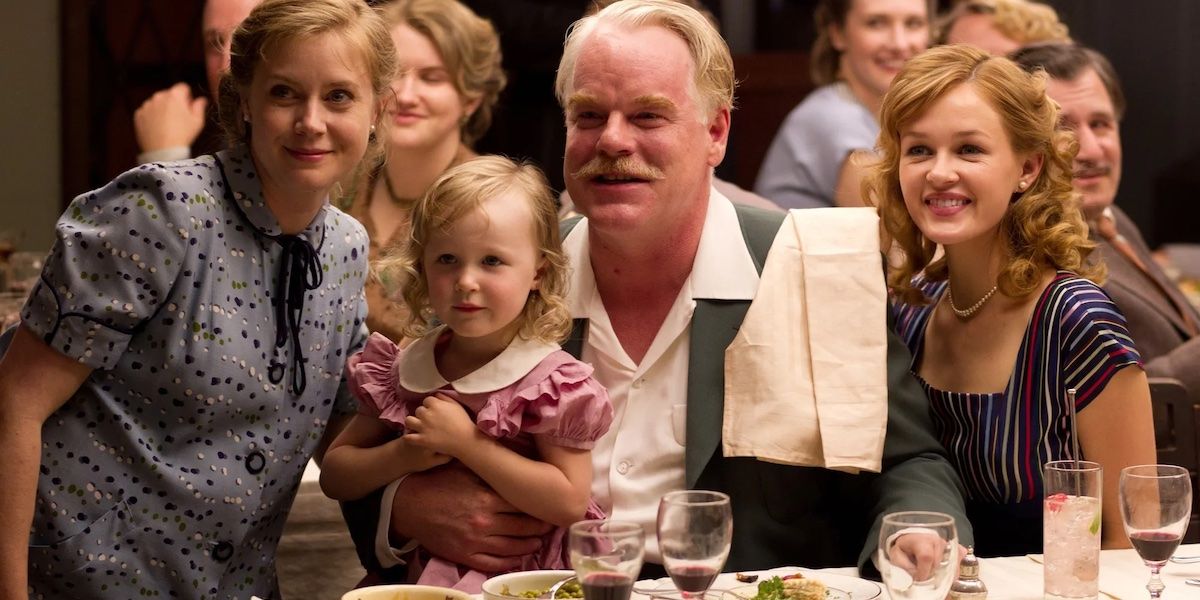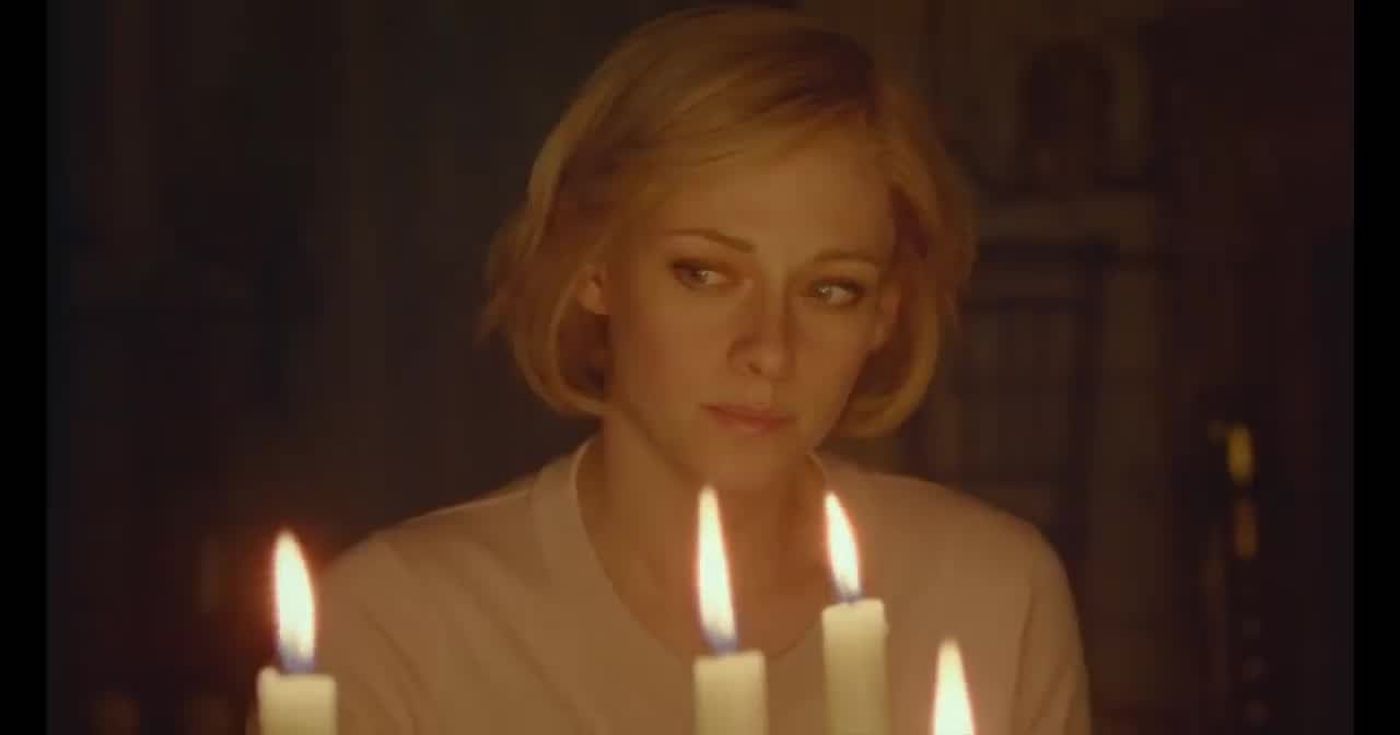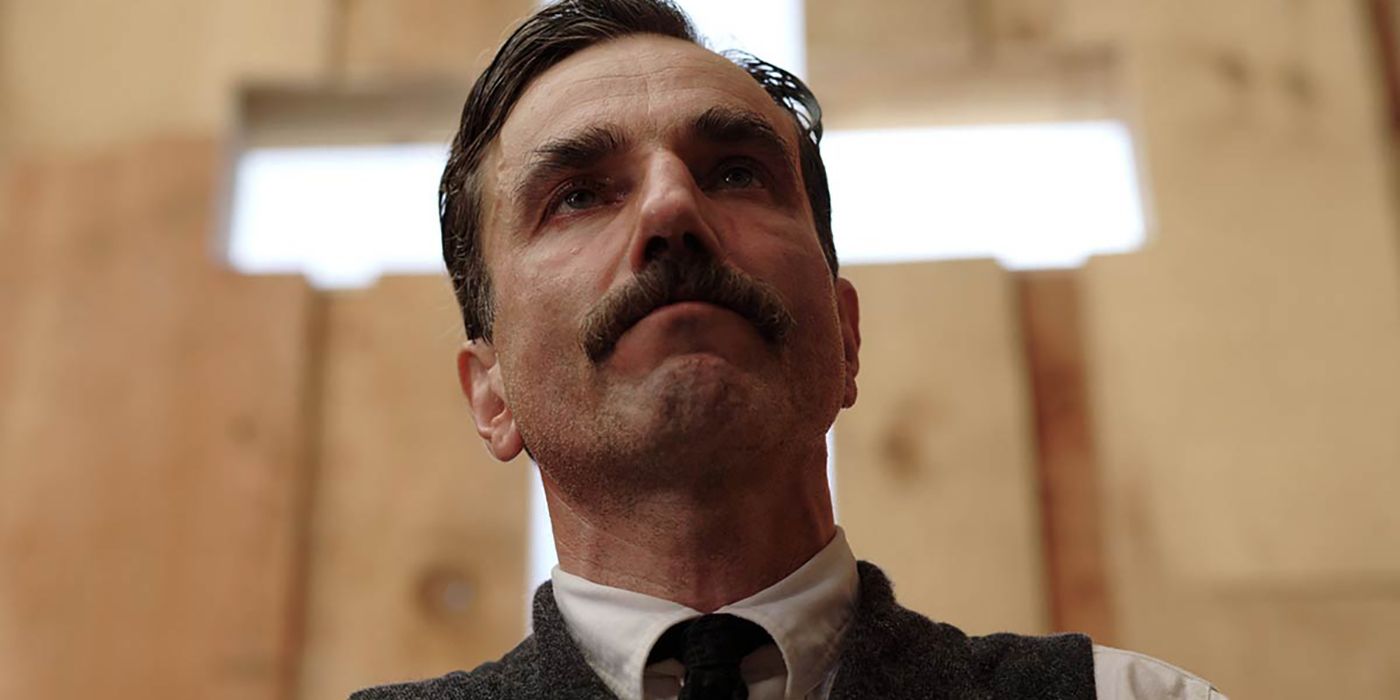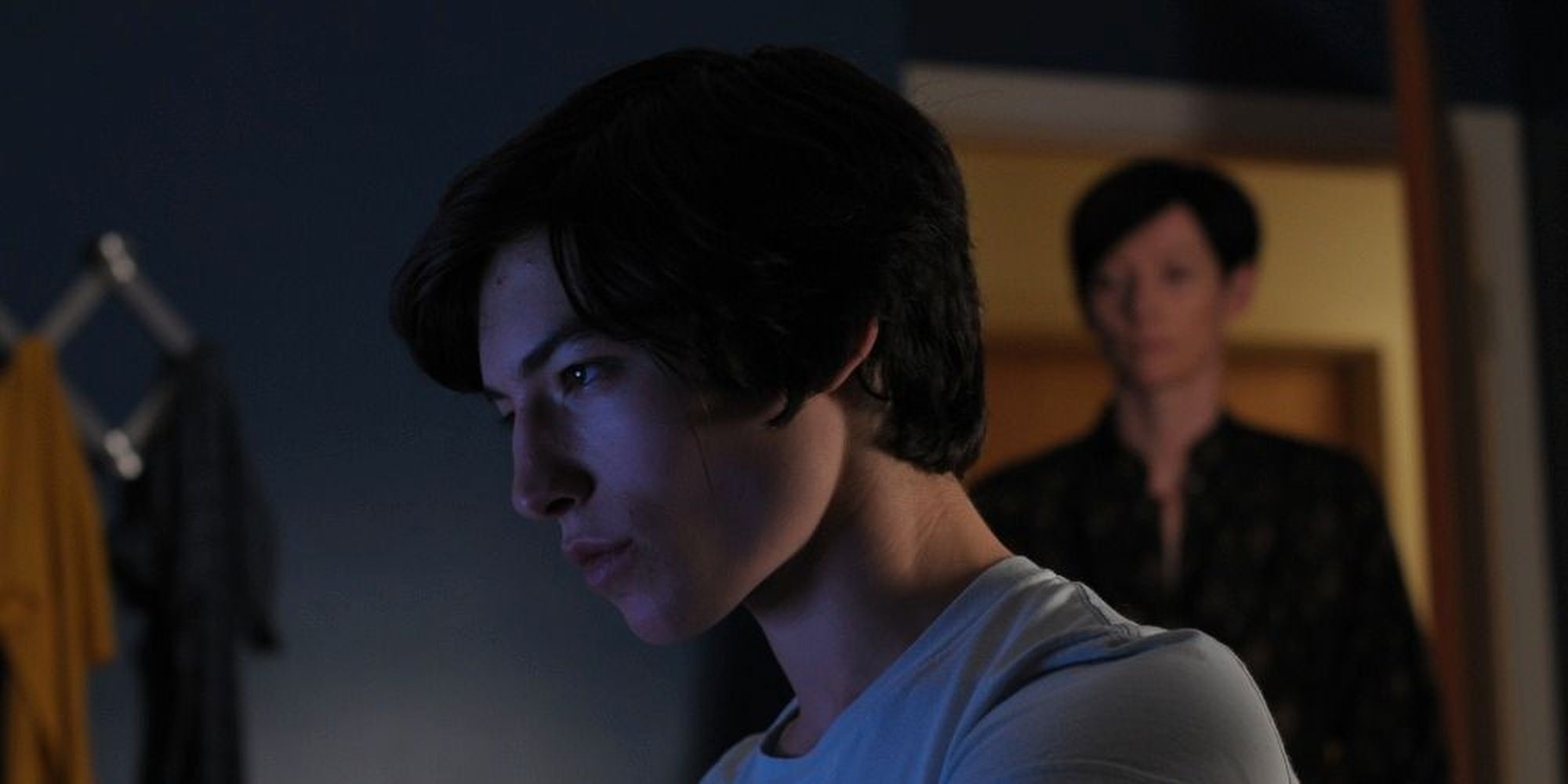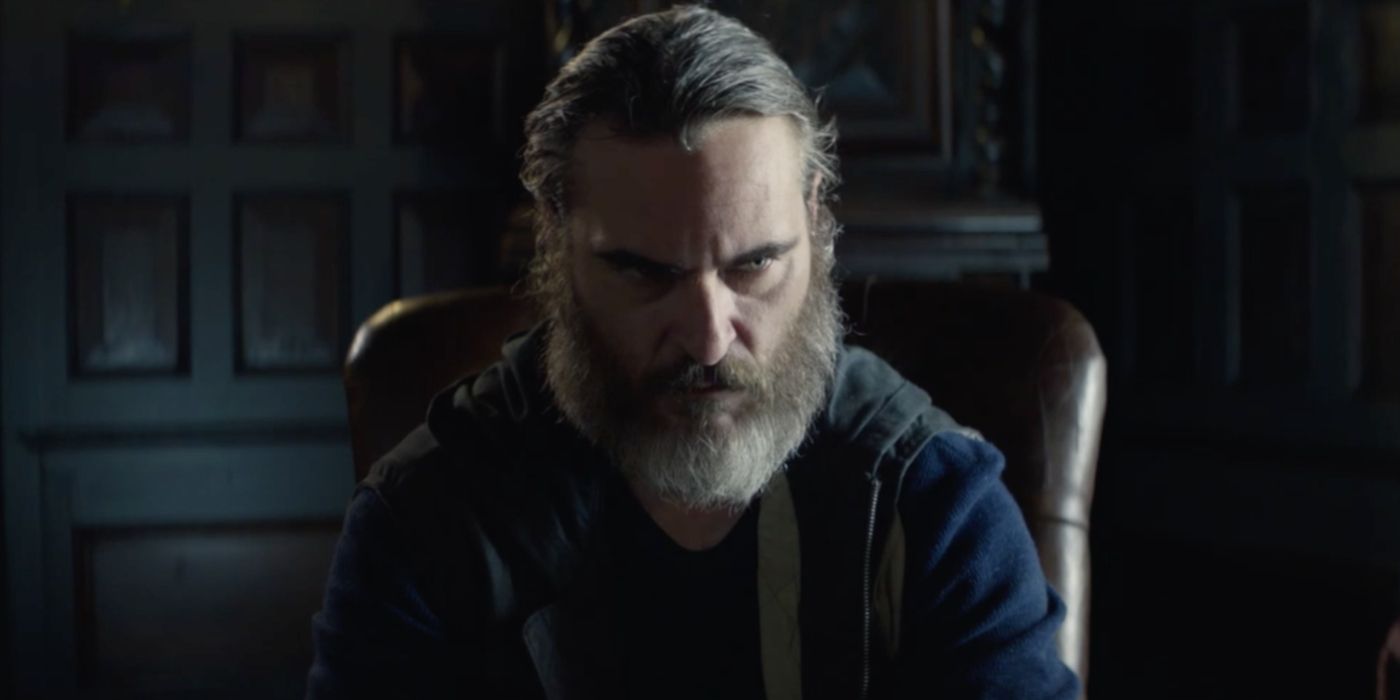When music fans first met Jonny Greenwood, it was as the lead guitarist and keyboardist in Radiohead, a groundbreaking rock band that defied genre and amazed critics. It wasn’t until 2003 when Greenwood wrote his first musical score for the movie Bodysong and thus changing the scope of cinema scores for years to come. Greenwood went on to work on several films with auteur director, Paul Thomas Anderson, leading him to many musical successes and award nominations. With Jonny Greenwood being nominated for a 2022 Oscar for The Power of the Dog, and being the composer for both Spencer and Licorice Pizza, it is quite apparent, Greenwood continues to be the moment in movie soundscapes.
The Power of the Dog (2021)
A score so powerful that it allows the audience to viscerally feel what the characters are going through. The Power of the Dog in its essence is the ultimate slow burn, and it needed an accompanying score to reiterate and highlight the film's deep emotions. Greenwood's score does exactly that. The Power of the Dog has remarkable performances, direction and cinematography, but it’s Greenwood’s score that pushes the mood and can make an audience member squirm in their seat, when all the visual is showing is a boy cutting rawhide. Using dissonant notes and uneven string work (a Greenwood staple), Greenwood’s score made an already shocking ending that much more alive. This score marks Greenwood’s first collaboration with director Jane Campion and third Academy Award nomination for Best Score. And while Greenwood is no stranger to critic’s praise, he has yet to win an Oscar for his work; however 2022 may very much be his year.
The Master (2012)
Within the first second of Paul Thomas Anderson’s The Master, you hear the striking pluck of a string instrument setting the scene for a very lost soul portrayed by Joaquin Phoenix. Quirky and percussive, The Master’s score is playful but uneasy. As the movie goes on you follow the journey of an unwell man trying to find his place in life, much like the score which never settles, never finds a smooth melody. The Master marked Greenwood’s second collaboration with Paul Thomas Anderson, cementing his partnership with the director as both a critical darling and perfect artist match.
Licorice Pizza (2021)
One of Greenwood’s most melodic and romantic pieces. The sweet, semi-autobiographical nature of Licorice Pizza is a bit of departure for both Paul Thomas Anderson and Johnny Greenwood. Usually, Greenwood’s music lives in a sporadic and dark world, however, this short melody that Greenwood composed fits delightfully in with a powerhouse soundtrack that includes Nina Simone, The Doors and Chuck Berry. The score feels like a warm summer day, matching the tone that the movie sets right from the very first scene. And while Licorice Pizza may not be your average, heartwarming romance, it feels a lot like what it means to be in love and all the pain and struggle that comes with it. Greenwood’s piece captures the romantic heartache of love.
Spencer (2021)
Jonny Greenwood’s third musical score of 2021 is stark, improvisational and sharp. Much like The Power of the Dog, Spencer is a movie that needs you to go on the emotional journey with the character and Greenwood’s jazz-like score is the conductor that brings you along for the lonely ride of the life of The Princess of Wales. Director Pablo Larrain, uses slightly out of focused cinematography, and extreme closeups allowing the viewer to empathize with the fishbowl that is Princess Diana's life as she struggles to survive Christmas with the royals. Johnny Greenwood’s score is the wind beneath the wings of the visuals, contributing to Diana’s worry, anxiety and overall queasiness while attempting to survive the weekend. Greenwood’s out of sync strings and stinging percussion is the final push the audience needs to truly connect with the protagonist, played resiliently by Kristen Stewart.
There Will be Blood (2007)
The first of several collaborations with writer-director extraordinaire Paul Thomas Anderson, this score is what put Greenwood on the movie music map. His dark and moody tones, while contrasting with bright strings, matches the themes of greed and corruption that There Will Be Blood so excellently executes. There Will Be Blood is considered one of Paul Thomas Anderson's finest cinematic achievements, and the use of Greenwood’s frightening and unique musical style, greatly contributed to why critics deem There Will Be Blood a modern classic
We Need to Talk About Kevin (2011)
Lynne Ramsay’s We Need to Talk About Kevin is a scary and realistic account of what it means to raise a budding sociopath. Adding Greenwood's uneasy and sharp strings sound is a perfect match. Greenwood’s musical style lives in the emotional world of the isolated, angry and explosive, all very in keeping with the script and tone of We Need to Talk About Kevin. One of Jonny Greenwood’s earlier film scores, you can hear hints of his Radiohead days looming in this score. Greenwood was first lauded by critics for his unique guitar pattern with the Radiohead song “Creep”, and if any cinematic character would be blasting “Creep” on repeat in his bedroom, it would be the bow and arrow wielding Kevin (Ezra Miller).
You Were Never Really Here (2017)
What is quite clear about Greenwood is his music gets into the minds of the characters. As opposed to putting his style on top of a movie, he molds and braids himself into the very fabric of the film. It is why he is often called on when a film has a complicated and overwhelmed protagonist. You Were Never Really Here, tells the tale of a damaged veteran who tracks down missing girls for a living. It is a quiet and uneasy movie that has a slow burn, much like the other films Greenwood has been asked to compose for. This score has a repetitive Phillip Glass like signature that has a dreamy and thoroughly melancholy nature. But it also lives in the techno world, making the one crazy night where Joaquin Phoenix character’s search for a missing girl has gone awry, feel hallucinatory and nauseating. And while Greenwood’s scores can elicit extreme emotions to match the character’s journey, there is an overwhelming beauty to all the pieces he provides- this all being clearly evident in You Were Never Really Here.


